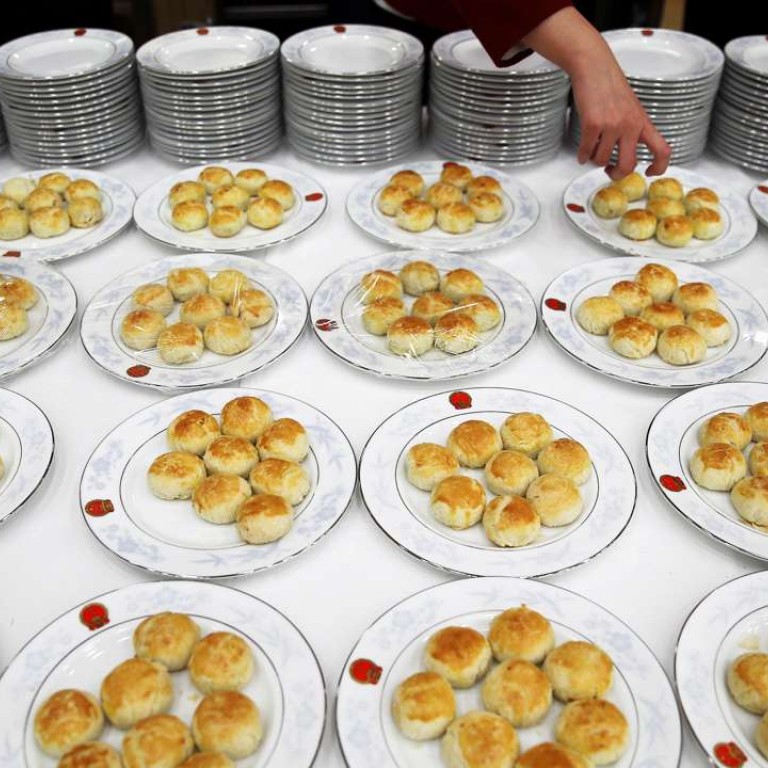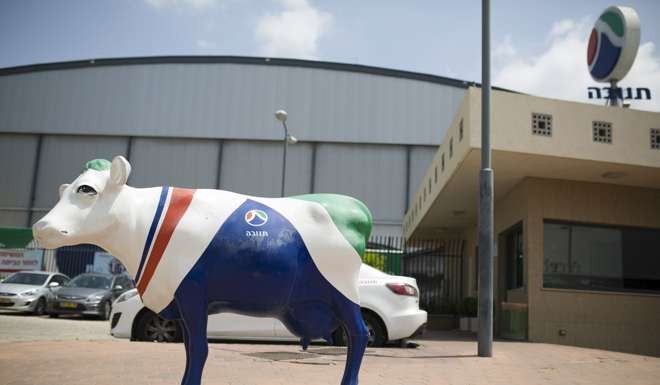
Bright Food stays on global acquisition push
Undaunted by the yuan’s devaluation, Bright Food plans to step up its acquisitions of overseas food companies as part of efforts to become a platform company
Shanghai-based Bright Food Group, the mainland’s second-largest food conglomerate, is stepping up its go-global efforts even as the depreciating yuan raises the cost of overseas acquisitions.
Company spokesman Pan Jianjun told the South China Morning Post Wednesday its acquisition focus would remain on the United States, Europe, Australia and New Zealand, as well as Southeast Asia.
“The group is determined to internationalise the businesses and securitise assets to pursue further growth,” Pan said. “We hope to take solid steps in an orderly pace toward internationalising our businesses.”

A weakening Chinese yuan is disrupting the business model of mainland food companies.
For example, China’s dairy makers, were pinched as the yuan devalued by around 10 per cent from August last year, boosting costs for imported milk products and eroding profits.
On the mainland about 25 per cent of dairy products are imported from abroad.
State-owned Bright Food where former Chinese President Jiang Zemin worked briefly for one of its ice-cream subsidiaries in 1950s has conducted about 10 foreign acquisitions since 2011, ranging from processed food, wine, sugar and dairy industries.
Last month, Shanghai Maling Aquarius, a unit of Bright Food, agreed to buy a 50 per cent stake in Silver Fern Farms, New Zealand’s biggest meat co-operative.
“It’s a vivid example of Bright Foods’ resolution in deepening the go-outbound campaign,” Pan said. “A swing in the yuan’s exchange rate prompts us to be more meticulous in dealmaking, but our go-global strategy remains unchanged.”

Pan said the price for the 50 per cent stake in Silver Fern has yet to be set. Some financial reports said Maling would pay US$178 million for a half-share of the New Zealand sheep and beef exporter.
The increasing demand for safe, high-quality food has surged in the past five years amid the rising affluence of Chinese consumers.
Imported chocolate, fruits and cereal products are in high demand on the mainland, leading to the aggressive outbound campaign by Bright Food to create an internationalised platform for two-way shipments, bringing in quality food from abroad while promoting Chinese products worldwide.
“Despite of the higher acquisition costs due to a weaker yuan, it will be worth it as long as the deal could help bring in more affordable, good food to the Chinese people,” said Cao Hua, a director with Tripod Capital.
Pan added that the company was still doing the preparatory work that would pave the way for a stock market listing of some assets.
At the end of 2013, Bright Food said it would list Australia’s Manassen Foods on a stock market outside the mainland.

